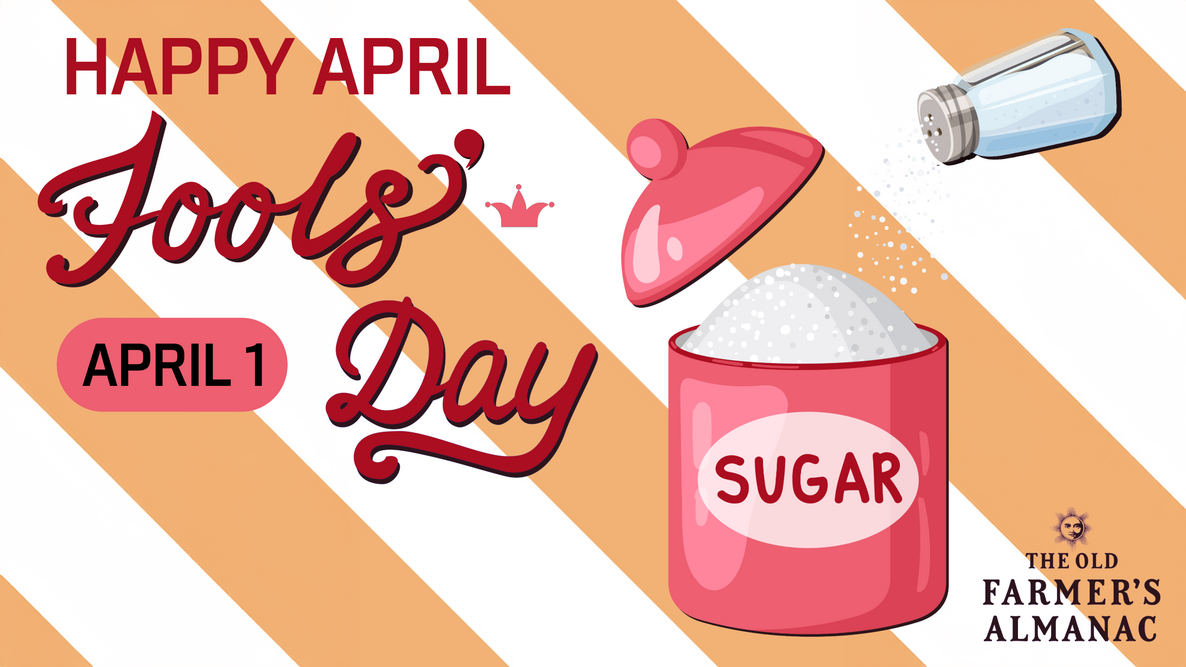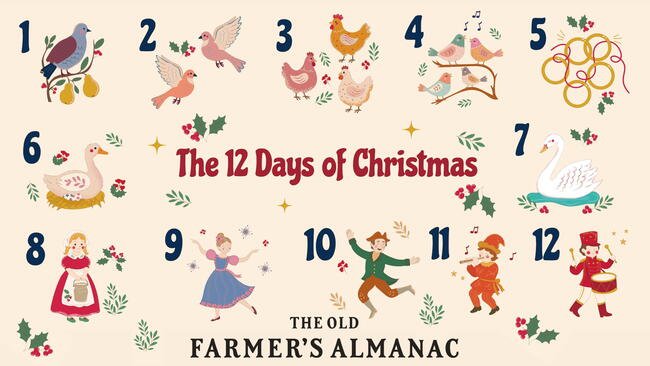Primary Image

Humor and History Behind April Fools’ Day
My prank this year was to text people using Swipe and not correcting any errors it made. Boy did it make a lot of them!
I remember a few years ago when Listerine advertised their new bacon flavor mouth rinse on April Fools’. I’m embarrassed to say that I fell for it.
I was taught that April fool's day begin back In The Times of kings and queens that were bored and just before time to celebrate the New Year in April they decided to play pranks on their servants by sending them on impossible errands that they could not complete just to see how long it would take them to come back and admit they're folly and then laugh at them because they actually thought they were looking for something real Some of these errands could cover hundreds of miles and last for days or weeks just imagine how angry you would be when you got back and the Queen and king just would think it's funny it's really kind of cruel when you think about it
Radio DJ personalities "Mark and Brian" ( no longer on the air unfortunately ) would on their end slowly lower the volume as they broadcast. So naturally you would turn up the volume on your radio until they decided it was time to turn it back up to the normal broadcast volume levels. Well you know what happens.
Some people fell for it year after year not realizing it was April Fools' Day. Great fun.
Enjoyed the article a lot!loved the “spaghetti “ new release! 🤣🤣










Comments